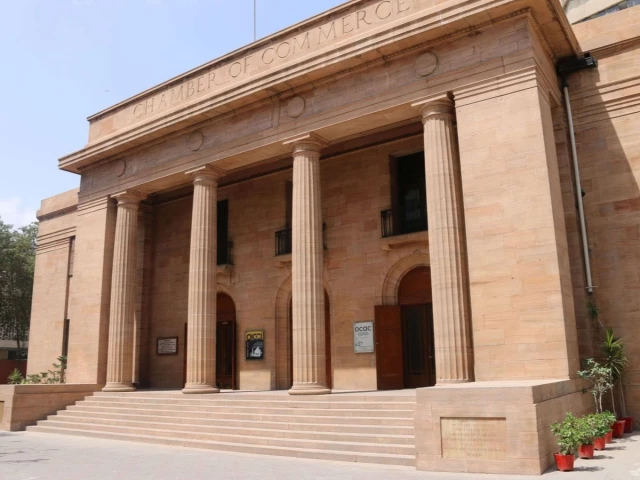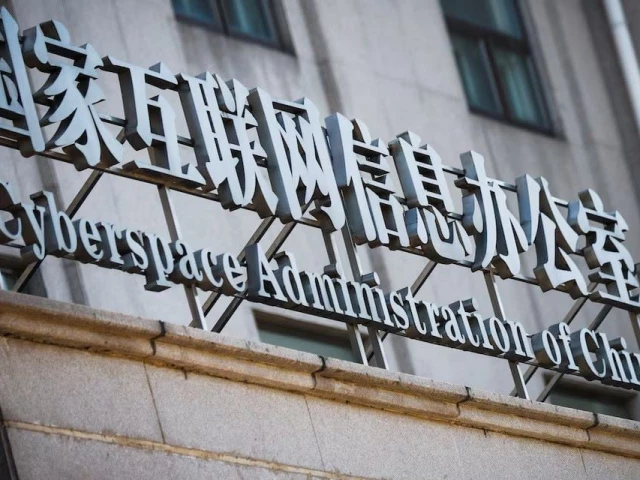Understanding the Economics of AI: Insights from Ali Hasanain
Last Tuesday, the Overseas Investors Chamber of Commerce & Industry hosted a fascinating session led by Associate Professor of Economics at the Lahore University of Management Sciences, Ali Hasanain. He delved into the intricate relationship between artificial intelligence (AI) and our economics, touching on how advancements in AI technology can reshape labor markets and influence policy.
As Hasanain pointed out, AI isn’t just a buzzword; it’s becoming "intelligence everywhere, at a low cost." With the rapid doubling of datasets since 2010, AI’s potential for complex problem-solving is expanding swiftly. However, that growth isn’t without its challenges. Energy costs are climbing, and there’s a pressing need for quality data to train these models effectively.
The Quest for Artificial General Intelligence
One of the most intriguing topics Hasanain discussed was the concept of Artificial General Intelligence (AGI). While some in the AI community believe AGI is just a few years away, others argue we might be far from achieving it. Regardless of timing, the implications of AGI are significant. Imagine robots capable of performing nearly any job we do today!
This shift could lead to a drastic transformation in our economy—wages might drop, while new jobs focused on managing AI technologies could arise. But alongside these opportunities, we face serious risks, such as rising inequality and job displacement.
Preparing for an AI-Driven Future
Hasanain stressed the importance of proactive policymaking. As AI continues to permeate our economy, we must address the inequalities that could emerge. Concepts like Universal Basic Income might need to be explored to buffer those affected by job losses.
Moreover, our education systems will need a radical overhaul to better prepare future generations for a workforce increasingly intertwined with AI. This involves re-evaluating curricula and adjusting educational goals to align with emerging skills.
Addressing Ethical and Environmental Concerns
The ethical considerations surrounding AI development are pressing. As Hasanain noted, the type of AI we prioritize will largely depend on government regulations. Ensuring that ethical boundaries aren’t crossed in the rush to advance technology is crucial.
Additionally, with AI’s rise, we must nurture sustainable practices. As AI models become resource-intensive, the shift towards alternative energy solutions will be vital for long-term environmental sustainability.
In summary, the discussion around AI’s economic implications is not just theoretical; it asks poignant questions about our future workforces, equitable policies, and environmentally sustainable practices. As the digital economy expands in Pakistan, fostering healthy conversations around AI can lead to strategic innovations and improved workforce alignment.
For those eager to engage more deeply with these evolving dynamics, exploring platforms like Pro21st can provide invaluable resources and support. Let’s keep this conversation going—our future depends on it!





